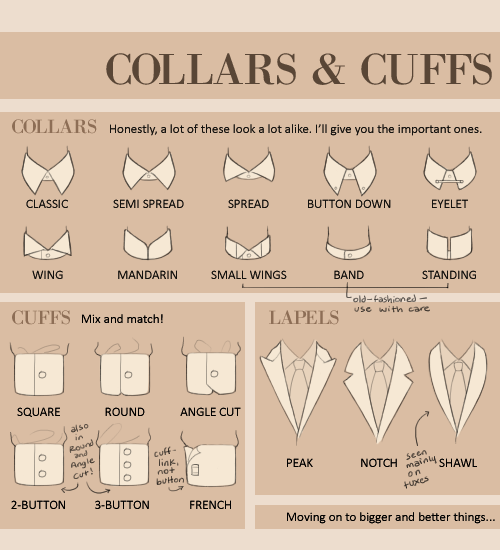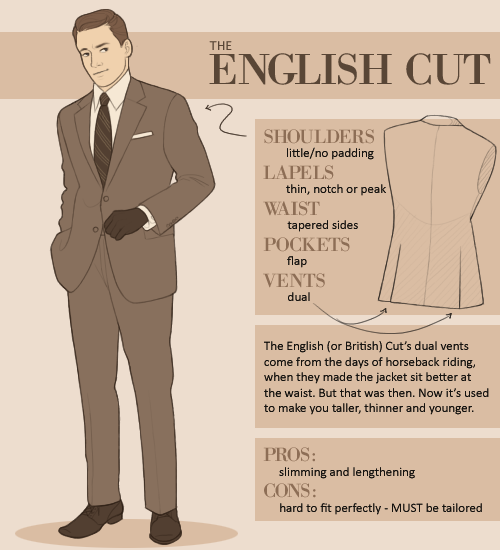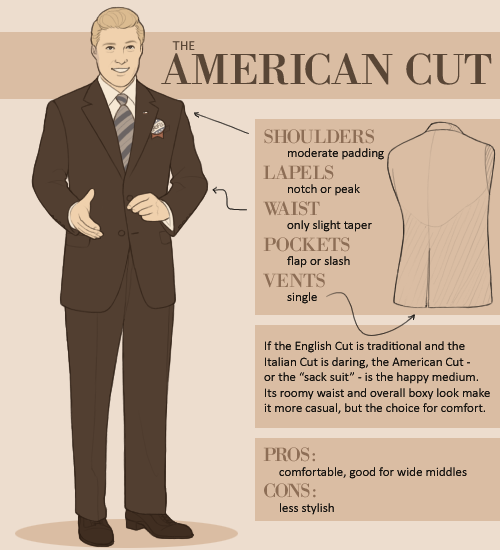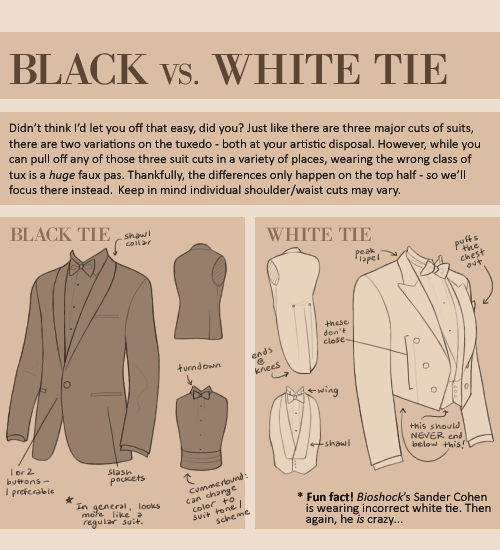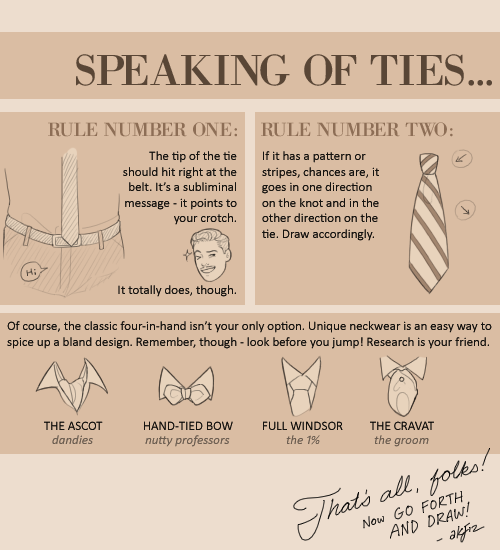
83 posts
Latest Posts by defis-archive - Page 2
Get yourself a fabric store that will light your fabric on fire for you
No but legit I asked what the fiber content of something was and the guy didn’t know so he cut a chunk off and lit it on fire and felt the ashes and was like. Yeah this is mostly cotton with a lil bit of silk. And that was the moment I knew. This is it. This is the fabric store for me. Also that guy is marriage material. Not for me but damn some person is gonna be so happy with him.
Y’ever read something and have understanding that has eluded you interminably suddenly stop, curl up, and snuggle neatly into a fold in your brain because a new way way opened to it?

i think the near-extinction of people making fun, deep and/or unique interactive text-based browser games, projects and stories is catastrophic to the internet. i'm talking pre-itch.io era, nothing against it.
there are a lot of fun ones listed here and here but for the most part, they were made years ago and are now a dying breed. i get why. there's no money in it. factoring in the cost of web hosting and servers, it probably costs money. it's just sad that it's a dying art form.
anyway, here's some of my favorite browser-based interactive projects and games, if you're into that kind of thing. 90% of them are on the lists that i linked above.
A Better World - create an alternate history timeline
Alter Ego - abandonware birth-to-death life simulator game
Seedship - text-based game about colonizing a new planet
Sandboxels or ThisIsSand - free-falling sand physics games
Little Alchemy 2 - combine various elements to make new ones
Infinite Craft - kind of the same as Little Alchemy
ZenGM - simulate sports
Tamajoji - browser-based tamagotchi
IFDB - interactive fiction database (text adventure games)
Written Realms - more text adventure games with a user interface
The Cafe & Diner - mystery game
The New Campaign Trail - US presidential campaign game
Money Simulator - simulate financial decisions
Genesis - text-based adventure/fantasy game
Level 13 - text-based science fiction adventure game
Miniconomy - player driven economy game
Checkbox Olympics - games involving clicking checkboxes
BrantSteele.net - game show and Hunger Games simulators
Murder Games - fight to the death simulator by Orteil
Cookie Clicker - different but felt weird not including it. by Orteil.
if you're ever thinking about making a niche project that only a select number of individuals will be nerdy enough to enjoy, keep in mind i've been playing some of these games off and on for 20~ years (Alter Ego, for example). quite literally a lifetime of replayability.
I’m still tweaking it, but something the Visible app has hammered home these past few weeks is just how much energy my body expends existing.
Currently lying perfectly still and I’m in the ‘exertion zone’ because I’m in so much nerve pain it's making my heart rate elevate.
Being in pain is burning up my pace points. I’ve used two since I woke up this morning simply by being conscious.
Anyone who dismisses the effects of chronic pain on the body or tells you to exercise to push through it is formally invited to throw themselves into the sun.
some fucking resources for all ur writing fuckin needs
* body language masterlist
* a translator that doesn’t eat ass like google translate does
* a reverse dictionary for when ur brain freezes
* 550 words to say instead of fuckin said
* 638 character traits for when ur brain freezes again
* some more body language help
(hope this helps some ppl)
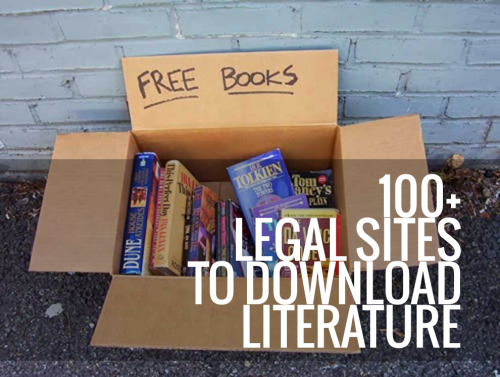
FAMOUS AUTHORS
Classic Bookshelf: This site has put classic novels online, from Charles Dickens to Charlotte Bronte.
The Online Books Page: The University of Pennsylvania hosts this book search and database.
Project Gutenberg: This famous site has over 27,000 free books online.
Page by Page Books: Find books by Sir Arthur Conan Doyle and H.G. Wells, as well as speeches from George W. Bush on this site.
Classic Book Library: Genres here include historical fiction, history, science fiction, mystery, romance and children’s literature, but they’re all classics.
Classic Reader: Here you can read Shakespeare, young adult fiction and more.
Read Print: From George Orwell to Alexandre Dumas to George Eliot to Charles Darwin, this online library is stocked with the best classics.
Planet eBook: Download free classic literature titles here, from Dostoevsky to D.H. Lawrence to Joseph Conrad.
The Spectator Project: Montclair State University’s project features full-text, online versions of The Spectator and The Tatler.
Bibliomania: This site has more than 2,000 classic texts, plus study guides and reference books.
Online Library of Literature: Find full and unabridged texts of classic literature, including the Bronte sisters, Mark Twain and more.
Bartleby: Bartleby has much more than just the classics, but its collection of anthologies and other important novels made it famous.
Fiction.us: Fiction.us has a huge selection of novels, including works by Lewis Carroll, Willa Cather, Sherwood Anderson, Flaubert, George Eliot, F. Scott Fitzgerald and others.
Free Classic Literature: Find British authors like Shakespeare and Sir Arthur Conan Doyle, plus other authors like Jules Verne, Mark Twain, and more.
TEXTBOOKS
Textbook Revolution: Find biology, business, engineering, mathematics and world history textbooks here.
Wikibooks: From cookbooks to the computing department, find instructional and educational materials here.
KnowThis Free Online Textbooks: Get directed to stats textbooks and more.
Online Medical Textbooks: Find books about plastic surgery, anatomy and more here.
Online Science and Math Textbooks: Access biochemistry, chemistry, aeronautics, medical manuals and other textbooks here.
MIT Open Courseware Supplemental Resources: Find free videos, textbooks and more on the subjects of mechanical engineering, mathematics, chemistry and more.
Flat World Knowledge: This innovative site has created an open college textbooks platform that will launch in January 2009.
Free Business Textbooks: Find free books to go along with accounting, economics and other business classes.
Light and Matter: Here you can access open source physics textbooks.
eMedicine: This project from WebMD is continuously updated and has articles and references on surgery, pediatrics and more.
MATH AND SCIENCE
FullBooks.com: This site has “thousands of full-text free books,” including a large amount of scientific essays and books.
Free online textbooks, lecture notes, tutorials and videos on mathematics: NYU links to several free resources for math students.
Online Mathematics Texts: Here you can find online textbooks likeElementary Linear Algebra and Complex Variables.
Science and Engineering Books for free download: These books range in topics from nanotechnology to compressible flow.
FreeScience.info: Find over 1800 math, engineering and science books here.
Free Tech Books: Computer programmers and computer science enthusiasts can find helpful books here.
CHILDREN’S BOOKS
byGosh: Find free illustrated children’s books and stories here.
Munseys: Munseys has nearly 2,000 children’s titles, plus books about religion, biographies and more.
International Children’s Digital Library: Find award-winning books and search by categories like age group, make believe books, true books or picture books.
Lookybook: Access children’s picture books here.
PHILOSOPHY AND RELIGION
Bored.com: Bored.com has music ebooks, cooking ebooks, and over 150 philosophy titles and over 1,000 religion titles.
Ideology.us: Here you’ll find works by Rene Descartes, Sigmund Freud, Karl Marx, David Hume and others.
Free Books on Yoga, Religion and Philosophy: Recent uploads to this site include Practical Lessons in Yoga and Philosophy of Dreams.
The Sociology of Religion: Read this book by Max Weber, here.
Religion eBooks: Read books about the Bible, Christian books, and more.
PLAYS
ReadBookOnline.net: Here you can read plays by Chekhov, Thomas Hardy, Ben Jonson, Shakespeare, Edgar Allan Poe and others.
Plays: Read Pygmalion, Uncle Vanya or The Playboy of the Western World here.
The Complete Works of William Shakespeare: MIT has made available all of Shakespeare’s comedies, tragedies, and histories.
Plays Online: This site catalogs “all the plays [they] know about that are available in full text versions online for free.”
ProPlay: This site has children’s plays, comedies, dramas and musicals.
MODERN FICTION, FANTASY AND ROMANCE
Public Bookshelf: Find romance novels, mysteries and more.
The Internet Book Database of Fiction: This forum features fantasy and graphic novels, anime, J.K. Rowling and more.
Free Online Novels: Here you can find Christian novels, fantasy and graphic novels, adventure books, horror books and more.
Foxglove: This British site has free novels, satire and short stories.
Baen Free Library: Find books by Scott Gier, Keith Laumer and others.
The Road to Romance: This website has books by Patricia Cornwell and other romance novelists.
Get Free Ebooks: This site’s largest collection includes fiction books.
John T. Cullen: Read short stories from John T. Cullen here.
SF and Fantasy Books Online: Books here include Arabian Nights,Aesop’s Fables and more.
Free Novels Online and Free Online Cyber-Books: This list contains mostly fantasy books.
FOREIGN LANGUAGE
Project Laurens Jz Coster: Find Dutch literature here.
ATHENA Textes Francais: Search by author’s name, French books, or books written by other authors but translated into French.
Liber Liber: Download Italian books here. Browse by author, title, or subject.
Biblioteca romaneasca: Find Romanian books on this site.
Bibliolteca Virtual Miguel de Cervantes: Look up authors to find a catalog of their available works on this Spanish site.
KEIMENA: This page is entirely in Greek, but if you’re looking for modern Greek literature, this is the place to access books online.
Proyecto Cervantes: Texas A&M’s Proyecto Cervantes has cataloged Cervantes’ work online.
Corpus Scriptorum Latinorum: Access many Latin texts here.
Project Runeberg: Find Scandinavian literature online here.
Italian Women Writers: This site provides information about Italian women authors and features full-text titles too.
Biblioteca Valenciana: Register to use this database of Catalan and Valencian books.
Ketab Farsi: Access literature and publications in Farsi from this site.
Afghanistan Digital Library: Powered by NYU, the Afghanistan Digital Library has works published between 1870 and 1930.
CELT: CELT stands for “the Corpus of Electronic Texts” features important historical literature and documents.
Projekt Gutenberg-DE: This easy-to-use database of German language texts lets you search by genres and author.
HISTORY AND CULTURE
LibriVox: LibriVox has a good selection of historical fiction.
The Perseus Project: Tufts’ Perseus Digital Library features titles from Ancient Rome and Greece, published in English and original languages.
Access Genealogy: Find literature about Native American history, the Scotch-Irish immigration in the 19th and 20th centuries, and more.
Free History Books: This collection features U.S. history books, including works by Paul Jennings, Sarah Morgan Dawson, Josiah Quincy and others.
Most Popular History Books: Free titles include Seven Days and Seven Nights by Alexander Szegedy and Autobiography of a Female Slave by Martha G. Browne.
RARE BOOKS
Questia: Questia has 5,000 books available for free, including rare books and classics.
ARTS AND ENTERTAINMENT
Books-On-Line: This large collection includes movie scripts, newer works, cookbooks and more.
Chest of Books: This site has a wide range of free books, including gardening and cooking books, home improvement books, craft and hobby books, art books and more.
Free e-Books: Find titles related to beauty and fashion, games, health, drama and more.
2020ok: Categories here include art, graphic design, performing arts, ethnic and national, careers, business and a lot more.
Free Art Books: Find artist books and art books in PDF format here.
Free Web design books: OnlineComputerBooks.com directs you to free web design books.
Free Music Books: Find sheet music, lyrics and books about music here.
Free Fashion Books: Costume and fashion books are linked to the Google Books page.
MYSTERY
MysteryNet: Read free short mystery stories on this site.
TopMystery.com: Read books by Edgar Allan Poe, Sir Arthur Conan Doyle, GK Chesterton and other mystery writers here.
Mystery Books: Read books by Sue Grafton and others.
POETRY
The Literature Network: This site features forums, a copy of The King James Bible, and over 3,000 short stories and poems.
Poetry: This list includes “The Raven,” “O Captain! My Captain!” and “The Ballad of Bonnie and Clyde.”
Poem Hunter: Find free poems, lyrics and quotations on this site.
Famous Poetry Online: Read limericks, love poetry, and poems by Robert Browning, Emily Dickinson, John Donne, Lord Byron and others.
Google Poetry: Google Books has a large selection of poetry, fromThe Canterbury Tales to Beowulf to Walt Whitman.
QuotesandPoem.com: Read poems by Maya Angelou, William Blake, Sylvia Plath and more.
CompleteClassics.com: Rudyard Kipling, Allen Ginsberg and Alfred Lord Tennyson are all featured here.
PinkPoem.com: On this site, you can download free poetry ebooks.
MISC
Banned Books: Here you can follow links of banned books to their full text online.
World eBook Library: This monstrous collection includes classics, encyclopedias, children’s books and a lot more.
DailyLit: DailyLit has everything from Moby Dick to the recent phenomenon, Skinny Bitch.
A Celebration of Women Writers: The University of Pennsylvania’s page for women writers includes Newbery winners.
Free Online Novels: These novels are fully online and range from romance to religious fiction to historical fiction.
ManyBooks.net: Download mysteries and other books for your iPhone or eBook reader here.
Authorama: Books here are pulled from Google Books and more. You’ll find history books, novels and more.
Prize-winning books online: Use this directory to connect to full-text copies of Newbery winners, Nobel Prize winners and Pulitzer winners.
burning text gif maker
heart locket gif maker
minecraft advancement maker
minecraft logo font text generator w/assorted textures and pride flags
windows error message maker (win1.0-win11)
FromSoftware image macro generator (elden ring Noun Verbed text)
image to 3d effect gif
vaporwave image generator
microsoft wordart maker (REALLY annoying to use on mobile)
you're welcome
sometimes you need dialogue tags and don't want to use the same four


the whole point of a zine is that it's cheap to produce, amateur and homemade. if you're being asked to apply to participate in a print project, it is not a zine. if the final product is being printed and bound professionally, it is not a zine. if you are being asked to enter into any kind of licensing agreement more complex than "my work can be reproduced as part of this publication" it is not a zine. nine times put of ten if the final product costs more than $5 you have left zine country. im so serious about this.
TUMBLR 101: a helpful guide for tiktok refugees
are YOU a former tiktok user trying to learn how to use tumblr to fill the void the american tiktok ban is leaving in your soul? here are some things you should know, from someone who’s going on their eighth year on this hellsite:
1. you can say anything on here. gone are the days of having to use words like “unalive” and “seggs.” murder! kill! sex! fuck! speak your mind!
2. there is a community for you on here. regardless of what you’re into or however small the fandom is, you have a place here. at least one other person will have heard of your weird obscure interest. strike up a conversation!
3. followers don’t matter. tumblr is one of the last remaining social media sites in which your number of followers means absolute jack shit. this can be disorienting at first, but once you lean into the fact that everyone on this website is equal, it’s very freeing. clout means nothing here.
4. similarly, you can post at any time. while tiktok has an algorithm that favors certain times, tumblr has no such algorithm. post whatever you want, whenever you want. every post has virtually the same chance at getting notes, regardless of when it is posted.
5. tags can have spaces between the words! this one is very exciting. tags can be a whole sentence. you can also use the tags to comment on someone’s post without actually adding onto the physical post itself (which is sometimes frowned upon and called “derailing” if you use this feature to bring up a completely different point other than the one that’s being made on the original post).
TL;DR: speak your mind, find your place, followers don’t matter, post anytime, have fun with tags!! tumblr is a wonderful site used to share things you’re excited about. be patient with yourself as you’re learning and have fun!
LISTEN UP MOTHER FUCKERS
SEE THIS WEBSITE?
ITS CALLED WOLFRAM ALPHA
THIS IS THE BEST GODDAMN WEBSITE FOR ACADEMIC SHIT. FUCK GOOGLE.
THIS MOTHERFUCKER WILL LET YOU SEARCH “HOSPITAL BEDS IN CHAD VS. IRAN”

AND IT GIVES YOU A STRAIGHT GODDAMN ANSWER
MAYBE YOU’RE NOT INTERESTED IN DOCTORNESS OF THIRD WORLD COUNTRIES COOL SHIT
HAVING TROUBLE WITH MATH?

HOLY SHIT
OR MAYBE YOU WANNA DICK AROUND

WHATEVER THE FUCK YOU WANT
The Very Basics of Not Killing Your Computer
AVOID HEAT STRESS
If you have a laptop DO NOT use it on a soft surface like a pillow or on a blanket, it’ll block the vents on your computer and make it get really fucking hot inside.
If you have a desktop you gotta open it up and blow out the dust sometimes.
If you are moving your laptop in a bag turn the laptop off. Don’t put it to sleep, don’t just shut the screen, turn it off, because otherwise it’s in the bag generating heat and there’s nowhere for the heat to go in the bag. OFF. Not sleep. OFF.
DO NOT DROP
Okay I know that should be obvious but drop damage to your hard drive is bad bad news. Be as careful as you can to set your computer gently on flat surfaces; don’t leave it hanging out on a bed where it can get knocked off, don’t set it on the roof of your car. And yes, just dropping it a couple inches can kill your hard drive or totally shatter your screen.
DON’T PUT SHIT ON YOUR KEYBOARD
Look I’ve seen four people ruin their laptops because they had a pen on the keyboard and closed the laptop and it fucked up the screen and the keyboard and it sucks so much and you feel awful after it happens because it’s so avoidable just don’t put things on your keyboard and always check that your laptop is clear before you close it.
PROTECT YOUR PORTS ON YOUR LAPTOP
You’ve only got one power jack and a limited number of other inputs on your computer and if they detach from the motherboard you’re fucked. USB ports get damaged because people use them a lot and eventually it weakens the connection and then they just stop working and it sucks. You can get around this with USB ports by using a USB hub to connect things like your keyboard and mouse.
For your power plug you just gotta be careful. Avoid tripping over the cord at all costs, don’t yank the plug out of the computer. It will SUCK VERY MUCH A LOT if you have to buy a new computer because the power port lost contact with the motherboard.
Don’t move your computer with things plugged into it. Take the power cord off before you put your laptop in the bag, take out the USB mouse dongle, do not travel with little nubby bits sticking out of your computer that can easily get caught or get tweaked or snap off inside of the thing.
(I really can’t emphasize enough that most of the “it will cost more than it’s worth to fix this” laptops I see are because of USB ports and power jacks. People don’t seem to know that this isn’t something that can be fixed easily; a broken power jack is a “remove the motherboard and resoldier components” job, not a “plug a new one in in fifteen minutes” job and most computer repair shops aren’t going to solder things for you and if they DO it’s going to be very expensive)
RESTART YOUR SHIT AT LEAST ONCE A MONTH AND JUST LET THE FUCKING UPDATES RUN
You should probably restart more than once a month but whatever. This is actually something that I consider part of reducing heat stress because when your processor is straining to keep up with all the background bullshit that’s running from a program you opened three weeks ago it’s going to use up resources and get hot and look just restart it once in a while.
Also the updates are almost always okay and safe and generally running updates is a good and secure thing to do (though maybe follow a blog dedicated to the OS you run because if there IS a problem with the updates that blog will probably talk about it before the update gets forced on your computer)
ANTIVIRUS BULLSHIT
Yes you should probably be running an antivirus.
Sophos is free and it’s fine. But don’t pay for it - if you’re using Sophos use the free version.
If you’re looking for something paid and a little more comprehensive I recommend ESET - get the cheap version, renewals cost less than the initial purchase, and feel free to get a multi-year version, the credentials follow your email not the computer so if your computer dies before your license expires you can install the license on a new computer.
DO NOT INSTALL NORTON OR MCAFEE THEY ARE EXPENSIVE BULLSHIT. Kaspersky is whatever. It’s less bullshit than Norton or McAfee but not as good as ESET for about the same cost.
If you think you’ve got a virus run the free version of Malwarebytes and get your shit cleaned.
KEEP LIQUIDS THE FUCK AWAY FROM YOUR COMPUTER
Again this should be obvious and yet. But seriously, just make a rule for yourself that drinks aren’t allowed on the same table as your computer and you’ll save yourself a lot of headaches.
PLUG YOUR COMPUTER INTO A UPS
Okay I fucking hate amazon but here’s a thing you should be using, just search the rest of the internet for “surge protector/UPS” and you’ll find something that isn’t from amazon - APC is a solid brand for this.
Basically you want a fat surge protector that has a little bit of a battery backup and you want to plug your computer (desktop OR laptop) into that instead of into the wall. The benefit of this is twofold:
1) if there’s a power surge the UPS will prevent your computer’s power supply from getting fried and possibly frying parts of your motherboard
2) if there’s a power outage and you’re *at* your computer you’ll have enough time to save what you’re working on before your computer loses power (like, you’ll maybe only have a minute or two on a small UPS but that’s still time to hit CTRL+S and keep from losing work)
At a bare, bare minimum your computer should be plugged into a surge protector but NOT directly into the wall.
BACK YOUR SHIT UP
[we interrupt this yelling for me to tell you that Western Digital has apparently released their new My Passport line and I’m obligated to inform you that you can get a 2.5″ USB 3.0 backup drive with FIVE FUCKING TERABYTES OF STORAGE for $130. Or you can get 4TB for $93. Or you can get 1TB for $53. basically what I’m saying is that it is not only cheap computer season it is also cheap hard drive season.]
[also if you’re getting a backup drive get western digital not seagate seagate fucking sucks and has a much higher failure rate]
Uh, okay, anyway - Do an image backup of your computer every once in a while so that if you get infected or your hard drive dies or whatever you can just restore from backup and move on like nothing happened.
HERE’S HOW TO DO AN IMAGE BACKUP.
SAVE YOURSELF THE WEAR AND TEAR
You know what is cheap? USB Keyboards and USB mice. You know what is not cheap? Fixing the touchpad on a laptop or replacing a laptop keyboard.
Get yourself a USB hub, a USB Keyboard and a USB Mouse (wired or wireless, doesn’t matter) and if you’re using your laptop at home plug *that* into your computer.
Also if your keyboard on your laptop breaks it’s fine just to use a USB keyboard instead I promise; if the screen breaks it’s also usually cheaper and easier to get a used or inexpensive monitor than it is to replace the screen. Your laptop is basically just a very small version of whatever bullshit is going on inside a desktop, if the peripherals break but the core components are fine you can just use it like a desktop.
Unless it’s a piece of shit that doesn’t have any USB ports or video out in which case you got ripped off, friend, demand functionality in your devices I’m sorry.
/rant
Good alternatives to generative AI that allow you to represent yourself without supporting corporate art theft
Picrew and other dress up games.
F2u bases.
Heroforge tabletop minifigure maker
Ponytowns avatar customization feature
Certain roblox games.
Emuferal, an emulator of the shutdown game fer.al
Or draw, your art doesn't have to be good to represent you!
Commission someone (if you have the money)
Please feel free to add to this list.
![Title card reading: [Storyboarding Basics. Brought to you by NU Animation Club, March 23 2023]. There is a chibi drawing of Feeb drawing on a CINTIQ](https://64.media.tumblr.com/1bb4994121212e48c92ee88de5cbe45d/8f6b9c73271b12ac-28/s500x750/efeaa63ce1f755c3643a35f0973a68f1f1057236.png)







a couple snippets from a presentation i gave at school this past week on storyboarding!!
‼️DISCLAIMER: I am still a student and have only worked on student and indie projects! This is just stuff that I personally find helpful as an amateur, so feel free to take it with a grain of salt!
Happy boarding, friends! ✍️💕
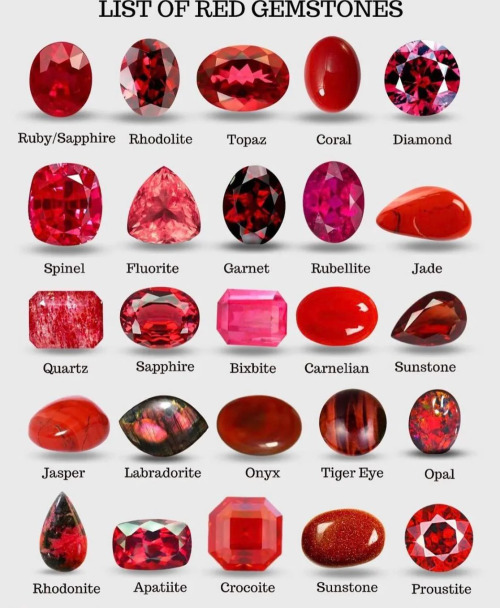

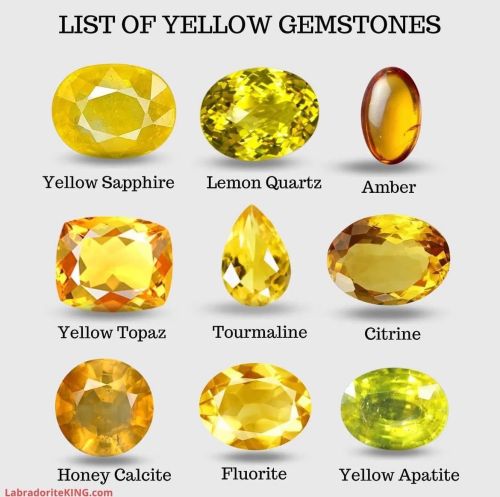
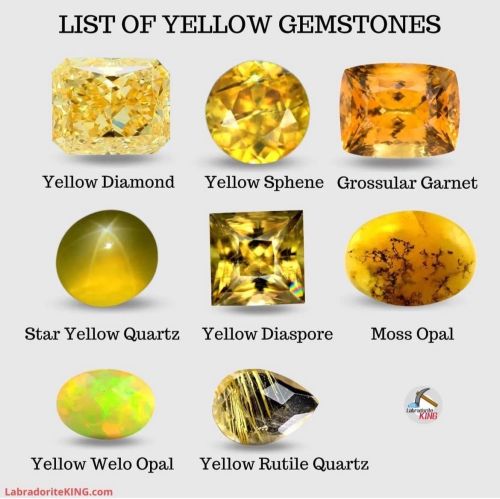
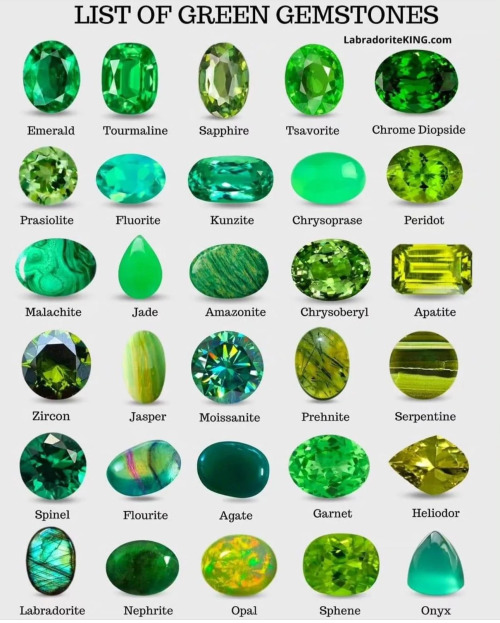
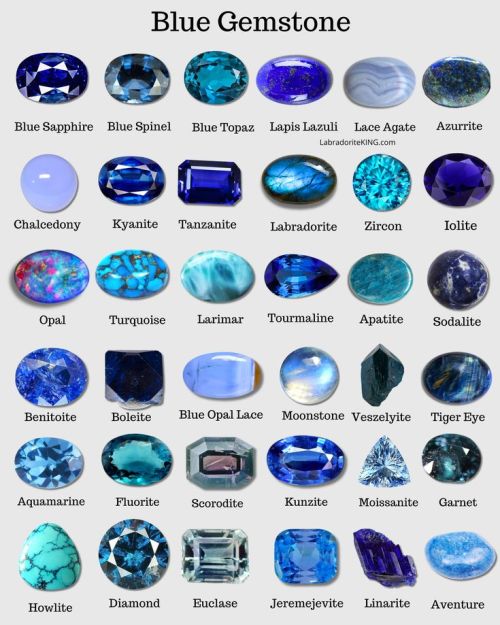
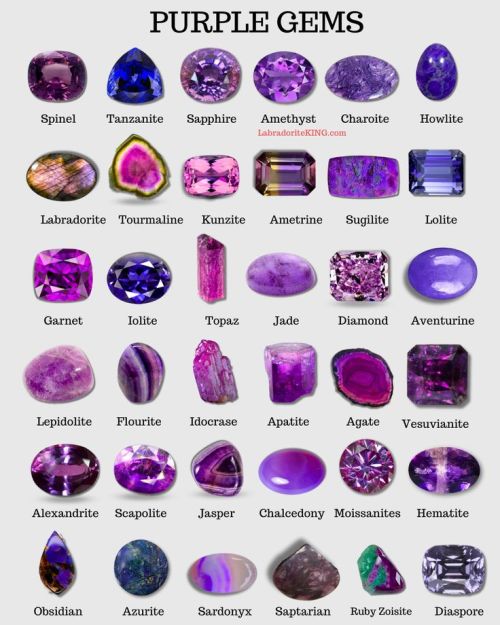

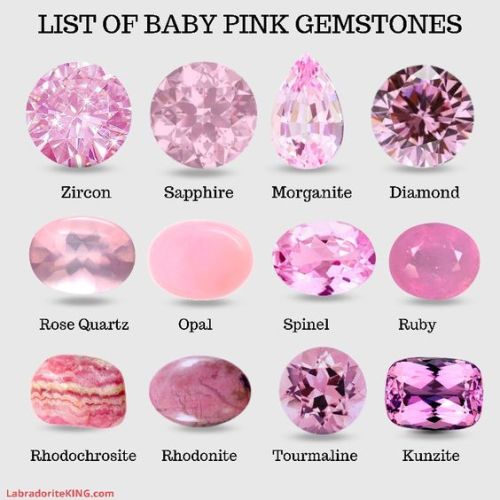
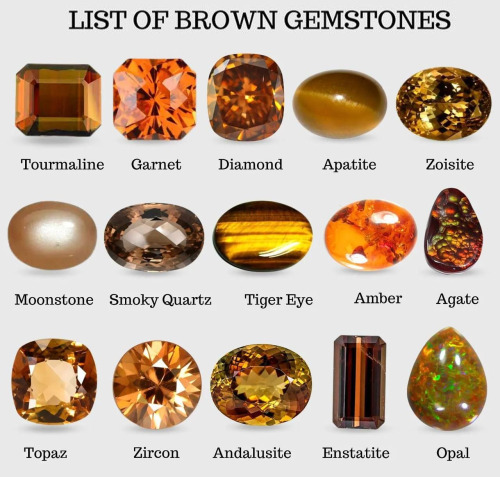
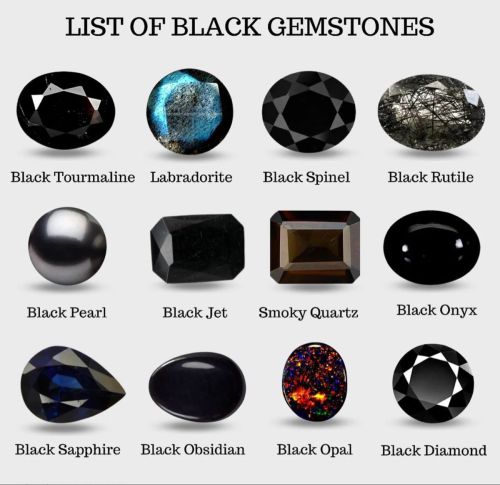
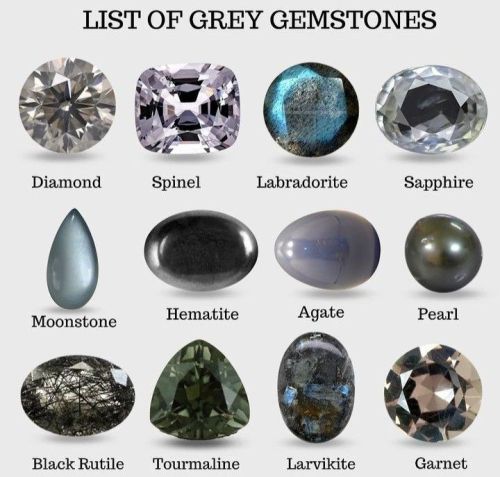
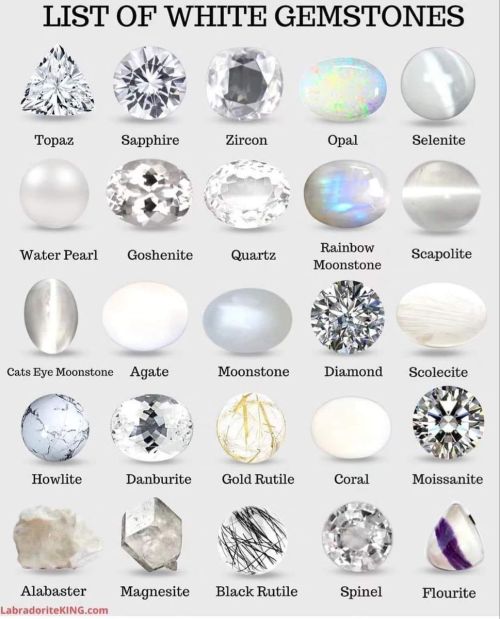
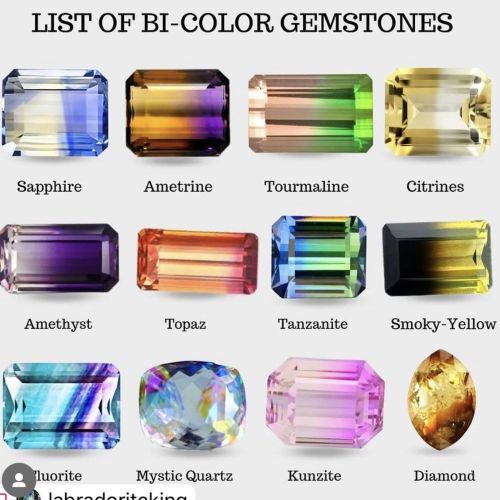
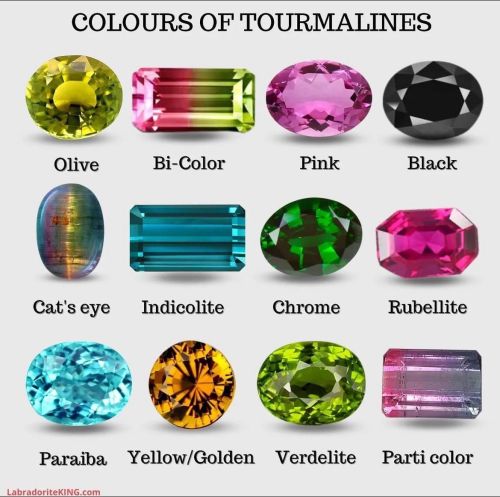
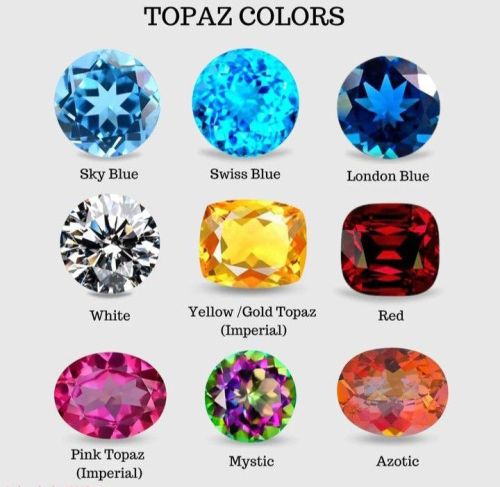
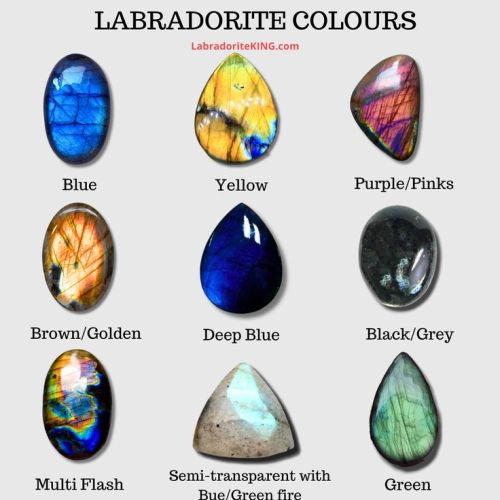
By LabradoriteKing on Pinterest
Dont know if you were joking about needing catboy references a couple of weeks back but here ya go
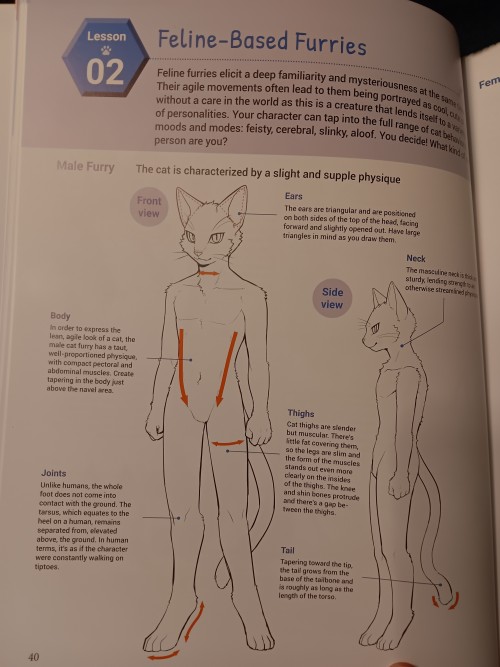





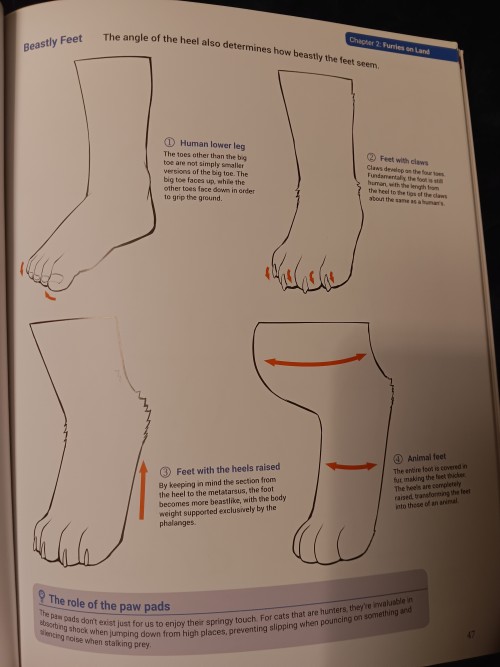
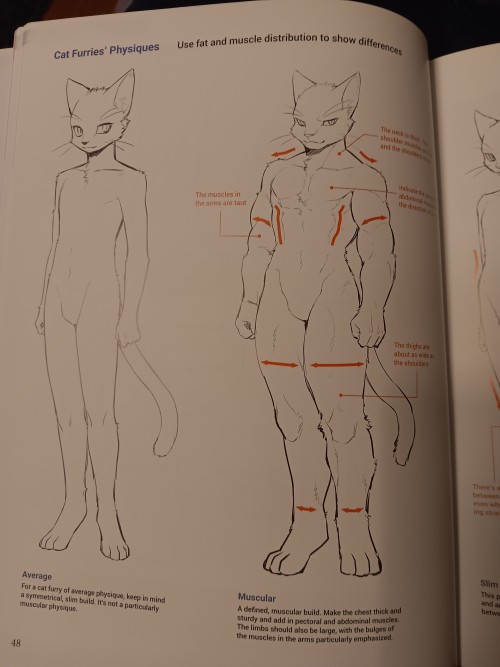


Theres one for sheep too if you need that

the sacred texts.... thank you for bestowing it upon me
yall know that post with all of those absolutely stunning crochet flowers? well i just bought a pattern from the shop those are from and Good Fucking Lord.
I was expecting a like a Chart or two, maybe some written instructions. not Seventy Seven full color pages for One type of rose.
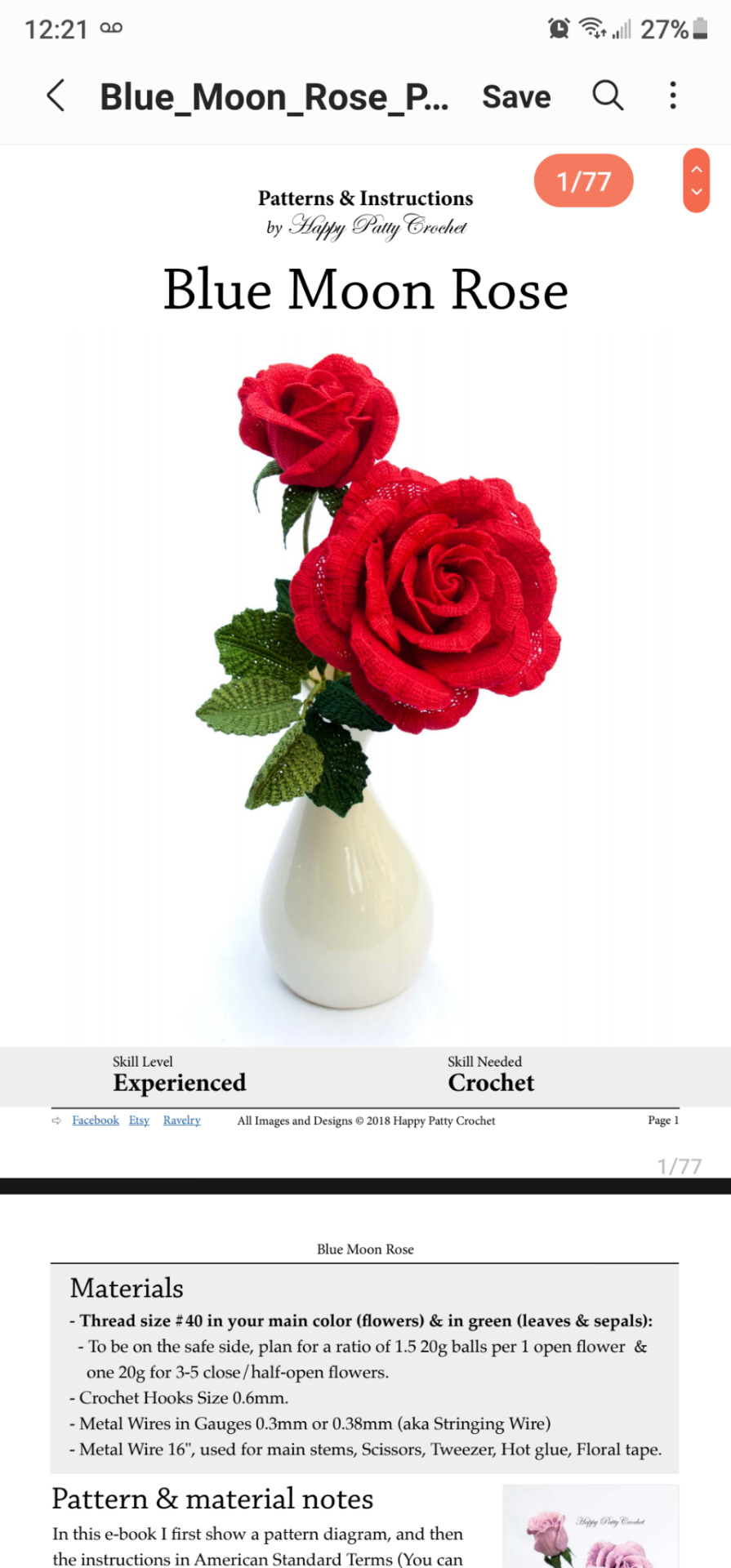




this was like 8 bucks???? obviously i did some redacting but Good Lord. if you are even a little bit into crochet go throw money at this absolute Mad woman its Definitely worth it.
How to create an atmosphere: Supermarket
Sight
advertisements for products
big signs showing discounts
aisles full of colorful products
fresh produce
employees in matching uniforms
all different kinds of costumers
with shopping carts
with children running around
with a stroller or toddlers sitting in the shopping cart
with a service dog by their side
Hearing
the sound of shopping carts being pushed and bumping into shelves
parents calling for their children
people talking on the phone
a man asking his wife if they still have enough toilet paper at home
someone asking the employee where they can find something
music interrupted by announcements about promotions the store is doing
the surring and beeping sound of the cash register belt
the sound of the electronic doors opening and shutting again
Touch
the stickiness of the floors
the differents textures of each item they think about buying
the coldness and often stickiness of the handle of the shopping cart
the sudden wetness from some products that are either fresh produce or where the package is leaking
Smell
the smell of spilled drinks that someone dropped and left for the employees to clean up
the smell of cleaning products from them having to sweep it up
the smell of hand sanitizer
the smell of different products the costumer holds up to their face and smells to decide if they like it
the horrendous smell of deposit machines where you return your not quite empty beer bottles to and the leftover liquid spills everywhere
Taste
different samples offered at the supermarket
If you like my blog and want to support me, you can buy me a coffee or become a member! And check out my Instagram! 🥰
Circling vs. Zigzagging Conflicts

Nearly every writer understands that a story needs conflict. The protagonist sets off to fulfill a goal, runs into an antagonistic force, and their struggle creates conflict. This should happen in the story as a whole, this should happen in acts, and it should happen in almost every scene--the difference is that the smaller the structural unit, the smaller the antagonist and conflict (simplistically speaking).
Today I want to talk about a sneaky problem I sometimes see when editing manuscripts, one that relates to conflicts.
Sometimes the writer simply “circles” the conflict.
What I mean is that after a given conflict, nothing has actually changed in the story. We just completed a “circle.”
For example, say the protagonist is a favorite target of the schoolyard bully. They get into a verbal fight, but when it's over, nothing's different. The conflict didn't have any consequences.
It may not sound that bad.
And if it only happens once in a while, and there are enough other conflicts going on, it may not be.
But if this happens repeatedly or this is the main conflict, the plot isn't progressing. It just did a circle and the characters ended up in the same situation they were before the encounter. Essentially, no matter how exciting the scene may seem to be, you could still cut it and the story would be the same.
Let's look at an even less obvious example.
The protagonist needs to get Object X from Character B.
The protagonist finds a way to successfully steal it.
But then immediately afterward, Character B steals it back.
The scene ends, and the protagonist is back at square one.
It doesn't sound that bad, does it?
And if it only happens once in a while, and there are enough other conflicts going on, it may not be.
But if this sort of thing happens repeatedly--over and over and over--the plot isn't progressing. You're just going back and forth and back and forth and back and forth. And if we just arc that path a bit, guess what? It creates a circle.

Another example:
The protagonist has a problem.
But she's not taking action to solve the problem.
Yes, she reacts emotionally to the problem.
She may even sometimes come up with a plan for how to try to solve the problem.
But she doesn't execute it. Or, some other problem comes up that keeps her from executing it.
And rather than come up with and execute a new plan to address that problem.
She just reacts emotionally to the problem.
Imagine this going on for multiple scenes.
The plot isn't progressing. She's just ruminating.
It still feels like the text is just circling the conflict.
Please know I'm not saying a story can never do these things. On rare occasions, circling conflicts can be useful, like when the point is to show the audience how some things don't change. My first example may arguably work near the beginning of the story, to show what the protagonist's day-to-day life is like. My second example can sometimes work as a frustrating irony. And my last example, well . . . don't do my last example. Okay, okay, maybe it could work to show off how the protagonist is incapable of or has the flaw of never moving forward (and chances are it'd probably be better to illustrate that through summary, rather than scene).
And some degree of circling can work, when the story needs to end with the characters and world in the same place they started, like in a serial, but note that usually through the installment, there isn't much circling.
And often, even if the external circumstances complete a circle, the journey changed the character internally in some significant way.
BUT if you are repeatedly writing examples like those above, where the situation at the end of a scene or act is essentially the same as it was at the beginning of the scene or act, then you aren't moving the story forward.

Sure, conflict may show up on the page, but the text is just circling it.
Instead, it's much more effective to create a zigzag.
If we wanted to keep this super simple, we might say the scene (or act) needs to move from a positive situation to a negative situation, or a negative situation to a positive situation. Or, a positive situation to a better situation, or a negative situation to a worse situation. Essentially:
+ --> -
- --> +
+ --> ++
- --> --
This is a good starting point, but I admit, it sometimes feels oversimplified to me.
In any case, the situation the character is in, has changed.
The story didn't do a circle. It did a zigzag (or zigzigger or zagzagger).
The protagonist had a goal, encountered an antagonist, had a conflict, and the conflict came to a definitive outcome (if only on the small scale for that scene). It hit a climax or turning point.
And that outcome carries consequences.
The protagonist gets in an argument with the bully and gets suspended for his language. If he's suspended, his parents will ground him, and he won't get to go on an upcoming date with his crush. It's a setback.
Character B steals Object X back and in the process, mortally wounds the protagonist. Now the protagonist needs to get help before they die.
The protagonist takes action to solve the new problem, and not only succeeds, but manages to solve her original problem at the same time.

But often just adding consequences isn't enough. We need to make sure the consequences aren't or can't be undone, at least not easily or coincidentally. We don't have the protagonist's dad have a serendipitous change of heart and simply allow the protagonist to go on the date.
Don't undo what you just did (generally speaking).
If the protagonist ended with a bigger or new problem, make him put in the effort to try to solve it. (See the "No, and . . ." vs. "Yes, but . . . " rule under "Disaster.")
And don't forget my "acid test" for plot progression. At the end of the scene (or act), ask, did the protagonist's current goal and/or plan shift? If the answer is no, chances are you did a circle. (Or you at least left things stagnating). If the answer is yes, something changed.
As I mentioned above, sometimes the change is internal.
Maybe Character B did simply steal Object X back, but maybe that leads to the protagonist realizing he doesn't want Object X as much as he wants revenge on Character B. He hatches a plan to exact that.
While that may not be as strong as the protagonist getting mortally wounded, it's better than nothing changing, and the experience does change the direction of the story.
Personally, I'd still be cautious of writing such a situation, though. In most types of stories, we want consequences to be both internal and external.
But that topic could be another post.
So in closing: zigzagging conflicts is better than circling them.
Adieu.
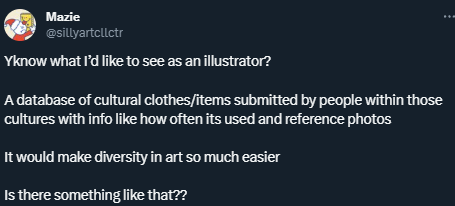
tweet
Something like this would be so colossally helpful. I'm sick and tired of trying to research specific clothing from any given culture and being met with either racist stereotypical costumes worn by yt people or ai generated garbage nonsense, and trying to be hyper specific with searches yields fuck all. Like I generally just cannot trust the legitimacy of most search results at this point. It's extremely frustrating. If there are good resources for this then they're buried deep under all the other bullshit, and idk where to start looking.
Scott Pilgrim is, I think, the best example I can think of for establishing a setting's Nonsense Limit. The setting's Nonsense Limit isn't quite "How high-fantasy is this". It's mostly a question of presentation, to what degree does the audience feel that they know the rules the world operates by, such that they are primed to accept a random new element being introduced. A setting with a Nonsense Limit of 0 is, like, an everyday story. Something larger than life, but theoretically taking place in our world, like your standard spy thriller action movie has a limit of 1. Some sort of hidden world urban fantasy with wizards and stuff operating in secret has a nonsense limit around 3 or 4. A Superhero setting, presenting an alternate version of our world, is a 5 or 6. High fantasy comes in around a 7 or so, "Oh yeah, Wizards exist and they can do crazy stuff" is pretty commonly accepted. Scott Pilgrim comes in at a 10. If you read the Scott Pilgrim book, it starts off looking like a purely mundane slice of life. The first hint at the fantastical is Ramona appearing repeatedly in Scott's Dreams, and then later showing up in real life. When we finally get an explanation, it's this:

Apparently Subspace Highways are a thing? And they go through people's heads? And Ramona treats this like it's obscure, but not secret knowledge. Ramona doesn't think she's doing anything weird here. At this point, it's not clear if Scott is accepting Ramona's explanation or not, things kind of move on as mundane as ever until their Date, when Ramona takes Scott through subspace, and he doesn't act like his world was just blown open or anything, although I guess that could have been a metaphor. there's a couple other moments, but everything with Ramona could be a metaphor, or Scott not recognizing what's going on. Maybe Ramona is uniquely fantastical in this otherwise normal world. And then, this happens

Suddenly, a fantastical element (A shitty local indie band finishing their set with a song that knocks out most of the audience) is introduced unrelated to Ramona, and undeniably literal. We see the crowd knocked out by Crash and The Boys. but the story doesn't linger on the implications of that, the whole point of that sequence is to raise the Nonsense Level, such that you accept it when This happens

Matthew Patel comes flying down onto the stage, Scott, who until this point is presented as a terrible person and a loser, but otherwise is extremely ordinary, proceeds to flawlessly block and counter him before doing a 64-hit air juggle combo. Scott's friends treat this like Scott is showing off a mildly interesting party trick, like being really good at darts. The establish that Scott is the "Best Fighter in the Province", not only are street-fighter battles a thing, Scott is Very Good at it, but they're so unimportant that being the best fighter in the province doesn't make Scott NOT a loser. So when Matthew Patel shows off his magic powers and then explodes into a pile of coins, we've established "Oh, this is how silly the setting gets". It's not about establishing the RULES of the setting so much as it is about establishing a lack of rules. Scott's skill at street-fighter battles doesn't translate to any sort of social prestige. Ramona can access Subspace Highways and she uses it to do a basic delivery job. It doesn't make sense and it's clear that it's not supposed to. So later on, when Todd Ingram starts throwing around telekinesis, and the explanation we're given is "He's a Vegan" , you're already so primed by the mixture of weirdness and mundanity that rather than trying to incorporate this new knowledge into any sort of coherent setting ruleset, you just go "Ah, yeah, Vegans".

For a lot of language learners, writing in English is often easier than speaking in English—or so they think. Usually, that just means that people find it easier to get grammar right when writing, but they don’t pay attention to fluency or readability. Those are vitally important if you’re thinking of going on to further education in an English-speaking country, or you want a job that requires English. Here are six ways to improve your written English.
1. Read lots
Even without physically writing, you can improve your writing skills. By reading as much as you can, you’ll develop your vocabulary and understanding of how English is used. We don’t mean that you should be studying syntax and sentence clauses—simply read for pleasure and you’ll pick things up subconsciously! You could start with the English version of your favorite book, or work your way through these classic novels. And by the way, if you need extra encouragement, Joseph Conrad, the author of Heart of Darkness, didn’t speak English until in his twenties and went on to become one of the most celebrated English novelists of all time!
2. Write how you speak
This doesn’t always apply, but generally you can improve the fluency and readability of your writing by simply writing how you speak. That doesn’t mean writing lots of slang words and uh, eh, and er. But think about how people use simple English when they speak and how natural it sounds, and aim to give your writing the same easy flow.
3. Learn new words
It goes without saying that to write with more confidence and fluency, you need to expand your vocabulary. If you haven’t done so already, start a personal dictionary. Any words that you come across that you don’t know, write down and translate, then test yourself on how many of them you can remember, and start using them in your writing and conversations.
4. Make writing a daily habit
As the saying goes: practice makes perfect. So the only way to improve your writing over time is to keep doing it. Even just 5 or 10 minutes a day, if done every day, will really help you improve your written English. You could keep a diary in English, or write a blog about your experiences learning English and living in a new country, or even start writing your social media posts in English.
5. Form follows function
There are lots of different types of written English—diaries, essays, CVs or résumés, poems, short stories, tweets, and so on. It’s important to consider what type of writing you are doing and its purpose (its function). Also, think about who will be reading it and what you want them to do. When you know the function, you can adapt the style.
6. Check for mistakes
The last thing you do when you write something is carefully read it to make sure it makes sense and you haven’t made any mistakes. Always, always proofread your work.
Hello! Tips on drafting and how much detail is too much?
Let’s see, my main tips would be to treat the first draft as if you’re telling yourself the story, the second draft like you’re organizing and enhancing the story, and the third draft as if you’re preparing for your best friend to read the story. I think this is a pretty good gauge for how much detail you add to the narrative each time you reread and edit. And it’s not about how much detail there is, it’s about how effective it is at making the story clear and immersive.
Here’s some resources that might help. There’s also an entire category in my masterlist dedicated to the drafting process.
Using Vocabulary
Describing Where Your Characters Are
Writing Intense Scenes
Writing The First Chapter
Balancing Detail & Development
When To Use “Felt”
Showing Vs Telling
How To Better Your Vocabulary & Description
Powering Through The Zero-Draft Phase
Getting Words on The Page
Sticking To A Story (Working on Multiple Projects)
Writing Your Way Through The Plot Fog
I hope this advice and these resources are helpful, and if you have any other questions feel free to leave them here :)
—
This blog is now my full-time job and first priority, so your support and engagement is critical to keeping this content regular and free of charge. Please consider Buying Me A Coffee for $3 or supporting me on Patreon for $5 a month (or more if you’d like).
$5+ Patrons receive the following immediately upon pledging: early access to all wordsnstuff content, participation in polls to choose upcoming wordsnstuff content, downloadable PDF articles, requests prioritized, direct advice chat with me, Access to patron discord server with fellow writers, and much more!
Alright.
Instead of whispered, consider:
murmured
mumbled
muttered
breathed
sighed
hissed
mouthed
uttered
intoned
susurrated
purred
said in an undertone
gasped
hinted
said low
said into someone’s ear
said softly
said under one’s breath
said in hushed tones
insinuated
How to draw: Not white characters
How to draw a Black person
How to colour Black people skin tones
How to draw dreadlocks
How to draw African hair
How to draw curly hair
How to draw braids
How to draw braids part 2
How to draw cornrows
How to draw Bantu knots
How to draw two strand twists
How to draw an Asian person
How to colour darker skin tones with alcohol markers
How to draw hijabs/traditional Muslim hair coverings
How to draw a hijabi girl
All links and art provided by @ itsajart on TikTok
Before you go “mY aRt sTyLe iS dIfFrEnT tHoUgH” you can moderate it and play around with your style to get it to fit.
Quick editing tip: Passing time
Hey all, here’s a quick tip about showing the passage of short amounts of time in a scene. I see a lot of beats like this:
She hesitated
He paused
A few seconds later
There was a long silence
He waited for her to answer
She didn’t respond
Instead of telling us there’s a brief moment of silence or pause in your scene, try showing us by creating the feeling that time has passed through action, description, or inner monologue. Here are a few examples.
Before:
“Are you coming or not?”
He waited for her to answer, but she didn’t respond.
“Clare? Did you hear me?”
“Huh?”
After:
“Are you coming or not?”
Clare scrolled through her phone, her face illuminating with a eerie blue glow.
“Clare? Did you hear me?”
“Huh?”
Before:
Jared lingered at the suspect’s front gate. If this guy didn’t answer Jared’s questions, he was screwed.
“Hey you!” a voice shouted. “Get off my property!”
Jared hesitated. Finally, he turned to face the man. “I’m afraid I can’t do that.”
After:
Jared lingered at the suspect’s front gate. If this guy didn’t answer Jared’s questions, he was screwed.
“Hey you!” a voice shouted. “Get off my property!”
Jared patted his holster. He had a gun, but he certainly didn’t want to use it. Taking a deep breath, he turned to face the man. “I’m afraid I can’t do that.”
Not only does creating a pause instead of describing a pause allow your reader to feel the moment more vividly, it gives you a chance to explain what exactly that pause is about. People hesitate, pause, don’t respond, etc. for all kinds of reasons. Give us as much insight as you can into your weird quiet moment.
Of course, you don’t need to do this every single time. Sometimes it’s fine to say “he paused” or “the room was quiet for a moment”—it could be the best choice for that scene. But look back through your draft and see if you’ve used those “telling” descriptions more often than you needed to. If so, try to create the feeling of a pause—perhaps one that gives the reader a bit more information—using these techniques.
Hope this helps!
A tutorial on a (bit cheating) way of creating fictional maps.
Open your editing software (RECOMMENDING Krita, since it's free and it's very good).
Step 1: Google "X country silhouette" and copy it.

Paste it onto the canvas.
Step 2: Separate the silhouette from the background you copied with it! You can do that by using magic wand selection tool or by making a gradient map with black on 49,9% and transparent on 50% on the slider.


Step 3: Repeat several times with numerous countries and/or islands, cities, municipalities, communes, continents et cetera.

Step 4: Combine, mesh, stretch, rotate, mirror - go ham, make it work.

Step 5: Erase and add.

Step 6: Have your map outline ready, copy/paste it several times in the same doc on different layers and edit in different ways like biomes, kingdoms, mountains and other.
Step Mountains+: To figure out mountains, make another layer on the doc and do something like this:

-and then in every polygon you add an arrow.

Where arrows meet or transfer onto continents, add mountains.

Color the sea with a couple layers of depth and you're done :D


I found an extremely dope disability survival guide for those who are homebound, bedbound, in need of disability accommodations, or would otherwise like resources for how to manage your life as a disabled person. (Link is safe)

It has some great articles and resources and while written by people with ME/CFS, it keeps all disabilities in mind. A lot of it is specific to the USA but even if you're from somewhere else, there are many guides that can still help you. Some really good ones are:
How to live a great disabled life- A guide full of resources to make your life easier and probably the best place to start (including links to some of the below resources). Everything from applying for good quality affordable housing to getting free transportation, affordable medication, how to get enough food stamps, how to get a free phone that doesn't suck, how to find housemates and caregivers, how to be homebound, support groups and Facebook pages (including for specific illnesses), how to help with social change from home, and so many more.
Turning a "no" into a "yes"- A guide on what to say when denied for disability aid/accommodations of many types, particularly over the phone. "Never take no for an answer over the phone. If you have not been turned down in writing, you have not been turned down. Period."
How to be poor in America- A very expansive and helpful guide including things from a directory to find your nearest food bank to resources for getting free home modifications, how to get cheap or free eye and dental care, extremely cheap internet, and financial assistance with vet bills
How to be homebound- This is pretty helpful even if you're not homebound. It includes guides on how to save spoons, getting free and low cost transportation, disability resources in your area, home meals, how to have fun/keep busy while in bed, and a severe bedbound activity master list which includes a link to an audio version of the list on Soundcloud
Master List of Disability Accommodation Letters For Housing- Guides on how to request accommodations and housing as well as your rights, laws, and prewritten sample letters to help you get whatever you need. Includes information on how to request additional bedrooms, stop evictions, request meetings via phone, mail, and email if you can't in person, what you can do if a request is denied, and many other helpful guides
Special Laws to Help Domestic Violence Survivors (Vouchers & Low Income Housing)- Protections, laws, and housing rights for survivors of DV (any gender), and how to get support and protection under the VAWA laws to help you and/or loved ones receive housing and assistance
Dealing With Debt & Disability- Information to assist with debt including student loans, medical debt, how to deal with debt collectors as well as an article with a step by step guide that helped the author cut her overwhelming medical bills by 80%!
There are so many more articles, guides, and tools here that have helped a lot of people. And there are a lot of rights, resources, and protections that people don't know they have and guides that can help you manage your life as a disabled person regardless of income, energy levels, and other factors.
Please boost!
